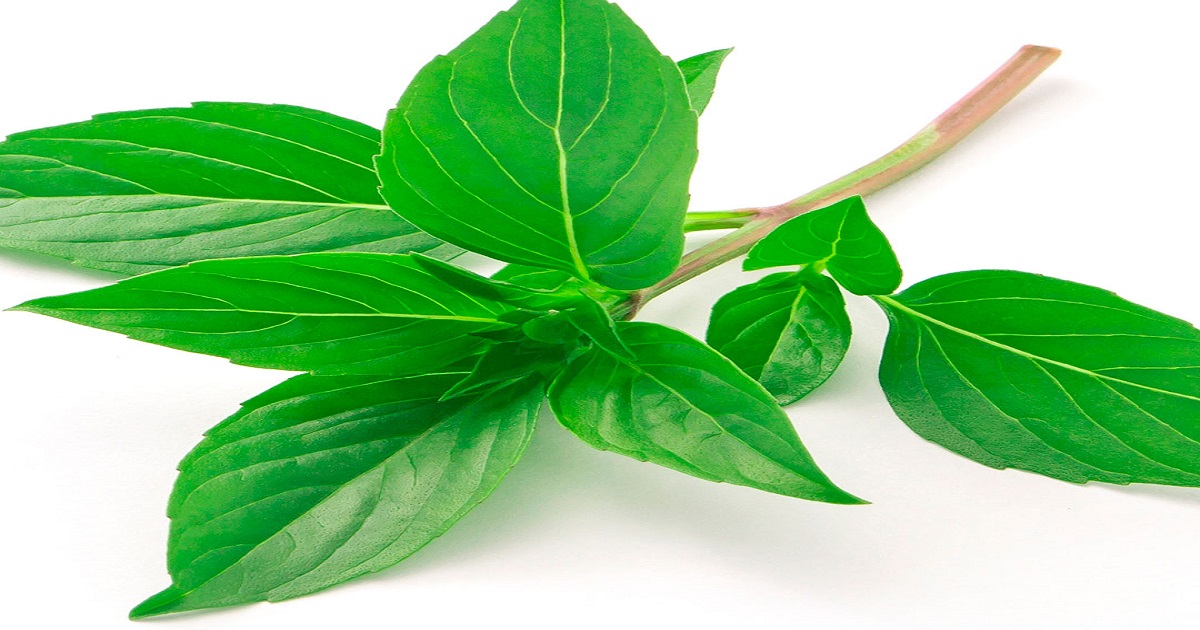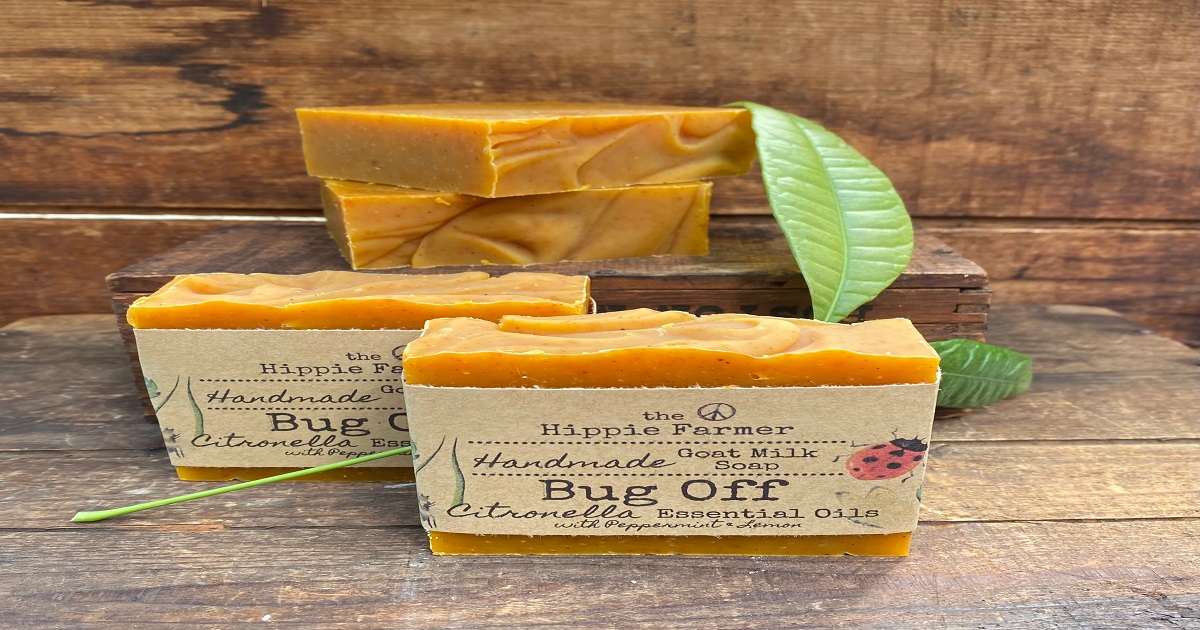Introduction to Albaca
Albaca, scientifically known as Ocimum basilicum, is a fragrant herb cherished for its culinary delights, medicinal properties, and cultural significance. Commonly known as basil, this herbaceous plant is renowned for its distinctive aroma and flavor, which adds depth and character to various cuisines worldwide.
The Origin and History of Albaca
Albaca traces its origins back to India, where it was revered as a sacred herb in Hindu culture. Its name is derived from the Greek word “basileus,” meaning king, highlighting its royal status in ancient civilizations. Throughout history, albaca has journeyed across continents, captivating palates and minds alike with its versatility and charm.
Cultivation of Albaca
Ideal Growing Conditions
Albaca thrives in warm, sunny climates with well-drained soil and adequate moisture. It flourishes in temperatures between 70 to 90 degrees Fahrenheit (21 to 32 degrees Celsius) and requires at least six to eight hours of sunlight daily.
Propagation Methods
This herb can be propagated from seeds or cuttings. Seeds are sown indoors during the spring and transplanted outdoors after the last frost. Alternatively, stem cuttings can be rooted in water or soil to propagate new plants rapidly.
Varieties of Albaca
Albaca comes in various cultivars, each offering unique flavors and characteristics. Popular varieties include Genovese, Thai, Lemon, and Holy basil, each prized for its distinct aroma, taste, and culinary applications.
Health Benefits of Albaca
Nutritional Content
Albaca is a nutritional powerhouse, packed with essential vitamins, minerals, and antioxidants. It is particularly rich in vitamin K, vitamin A, manganese, and magnesium, supporting overall health and well-being.
Medicinal Uses
In traditional medicine, albaca is revered for its potent medicinal properties. It is known to possess antibacterial, anti-inflammatory, and antioxidant properties, offering relief from various ailments such as indigestion, respiratory issues, and inflammation.
Read Also: Simple Ways to Improve Digestive Health
Culinary Uses of Albaca
Albaca is a culinary staple in cuisines around the world, prized for its aromatic flavor and versatility. It is commonly used fresh or dried in a myriad of dishes, including pasta sauces, salads, soups, and pestos, adding depth and complexity to culinary creations.
Albaca in Traditional Medicine
In ancient healing practices, albaca was valued for its therapeutic benefits. It was used to alleviate digestive discomfort, promote respiratory health, and soothe skin irritations. Its aromatic oils were also employed in aromatherapy to enhance mental clarity and emotional well-being.
Albaca in Folklore and Culture
Albaca holds a revered place in folklore and culture, symbolizing love, protection, and prosperity in various traditions. In some cultures, it is believed to ward off evil spirits and bring good fortune to those who cultivate it.
Growing Albaca in Your Garden
Albaca is easy to grow and maintain, making it an ideal addition to home gardens and culinary landscapes. Whether grown in containers on a sunny windowsill or planted directly in the garden, albaca thrives with minimal care, rewarding gardeners with an abundant harvest throughout the growing season.
Tips for Harvesting and Preserving Albaca
To maximize flavor and longevity, albaca should be harvested regularly by pinching off the top leaves to encourage bushy growth. It can be enjoyed fresh, dried, or frozen for future use, preserving its aromatic essence for culinary adventures year-round.
Albaca in Popular Culture
Albaca has left an indelible mark on popular culture, appearing in literature, art, and cinema as a symbol of culinary excellence and cultural heritage. Its iconic presence in culinary competitions and cooking shows has further cemented its status as a beloved herb among food enthusiasts worldwide.
Sustainable Practices in Albaca Cultivation
As awareness of sustainable agriculture grows, efforts are underway to promote eco-friendly practices in albaca cultivation. From organic farming methods to community-supported agriculture initiatives, growers are committed to preserving the integrity of the land while producing high-quality albaca for future generations.
Albaca: A Versatile Herb in Modern Cooking
In today’s culinary landscape, albaca continues to inspire chefs and home cooks alike with its versatility and depth of flavor. From classic Italian dishes to innovative fusion cuisine, its presence in the kitchen elevates every culinary creation, infusing dishes with a touch of freshness and sophistication.
The Future of Albaca
As consumer demand for fresh, locally sourced ingredients rises, the future of albaca looks bright. With its adaptability, nutritional value, and cultural significance, albaca is poised to remain a cornerstone of global cuisine, enriching palates and nourishing communities for generations to come.
Conclusion: Embracing the Versatility of Albaca
In conclusion, albaca stands as a testament to the power of nature to delight, nourish, and inspire. Whether enjoyed for its culinary delights, medicinal benefits, or cultural significance, albaca embodies the essence of culinary excellence and timeless tradition, enriching lives and landscapes wherever it grows.



